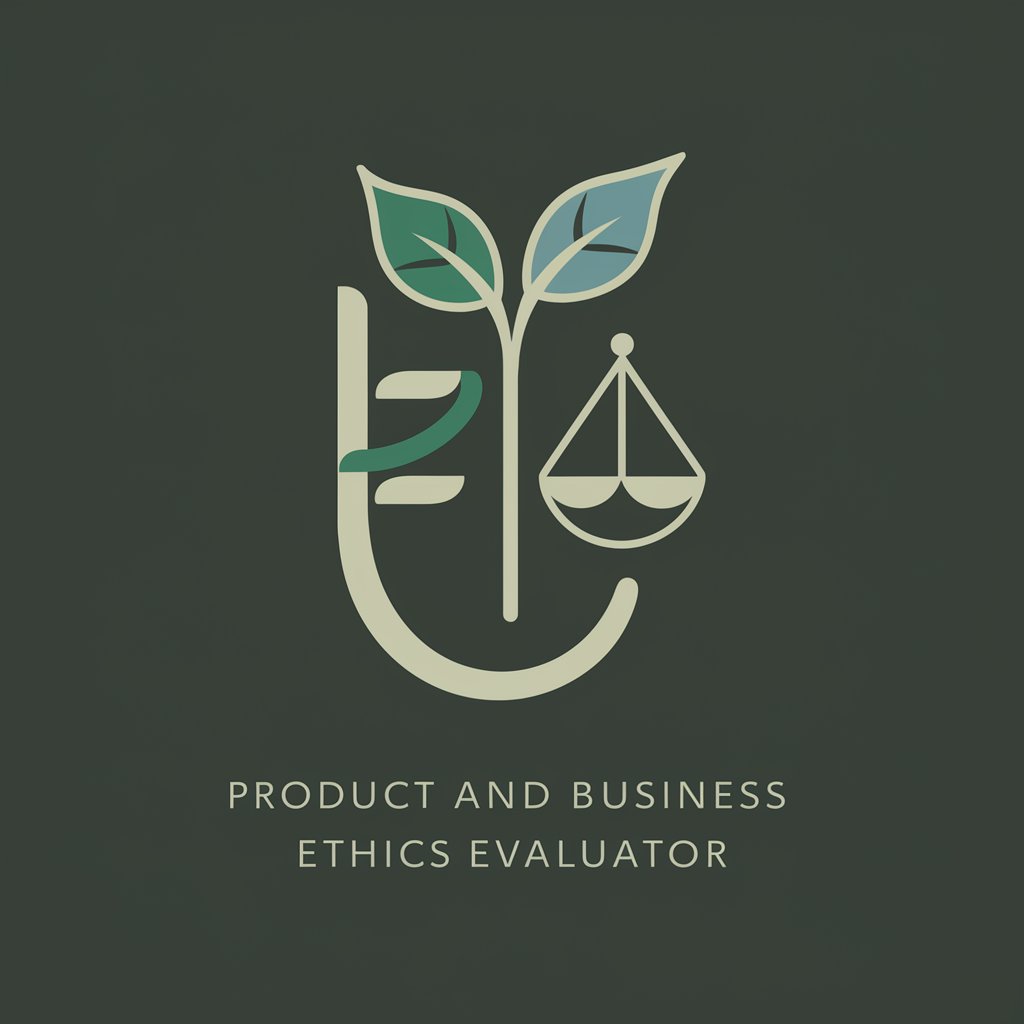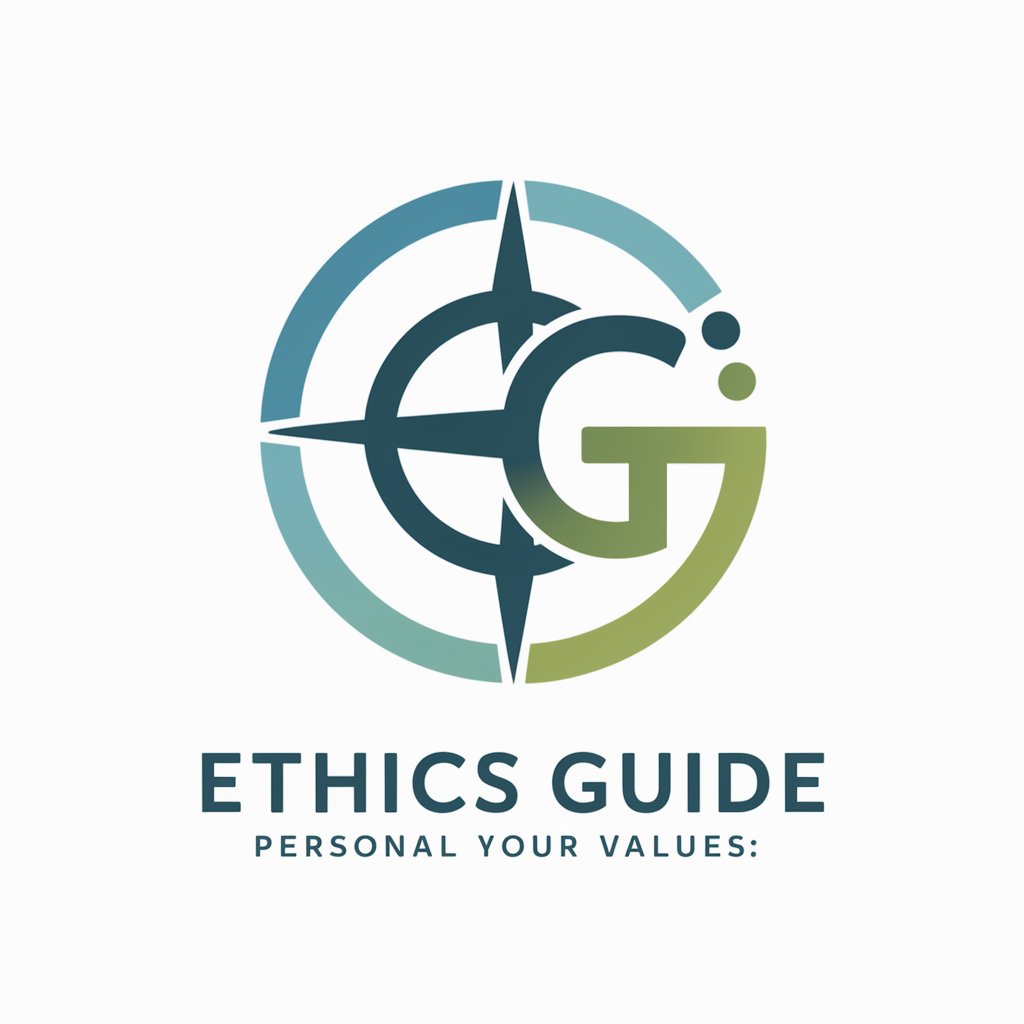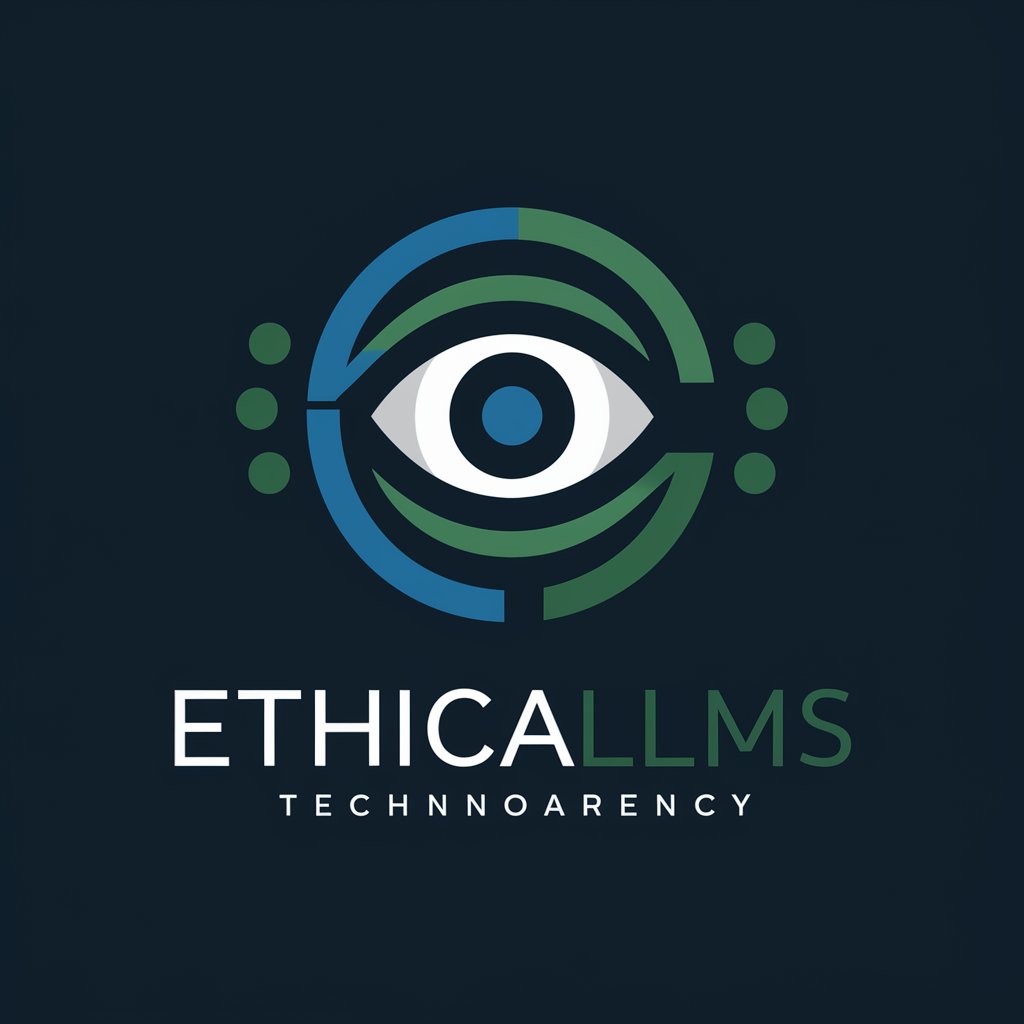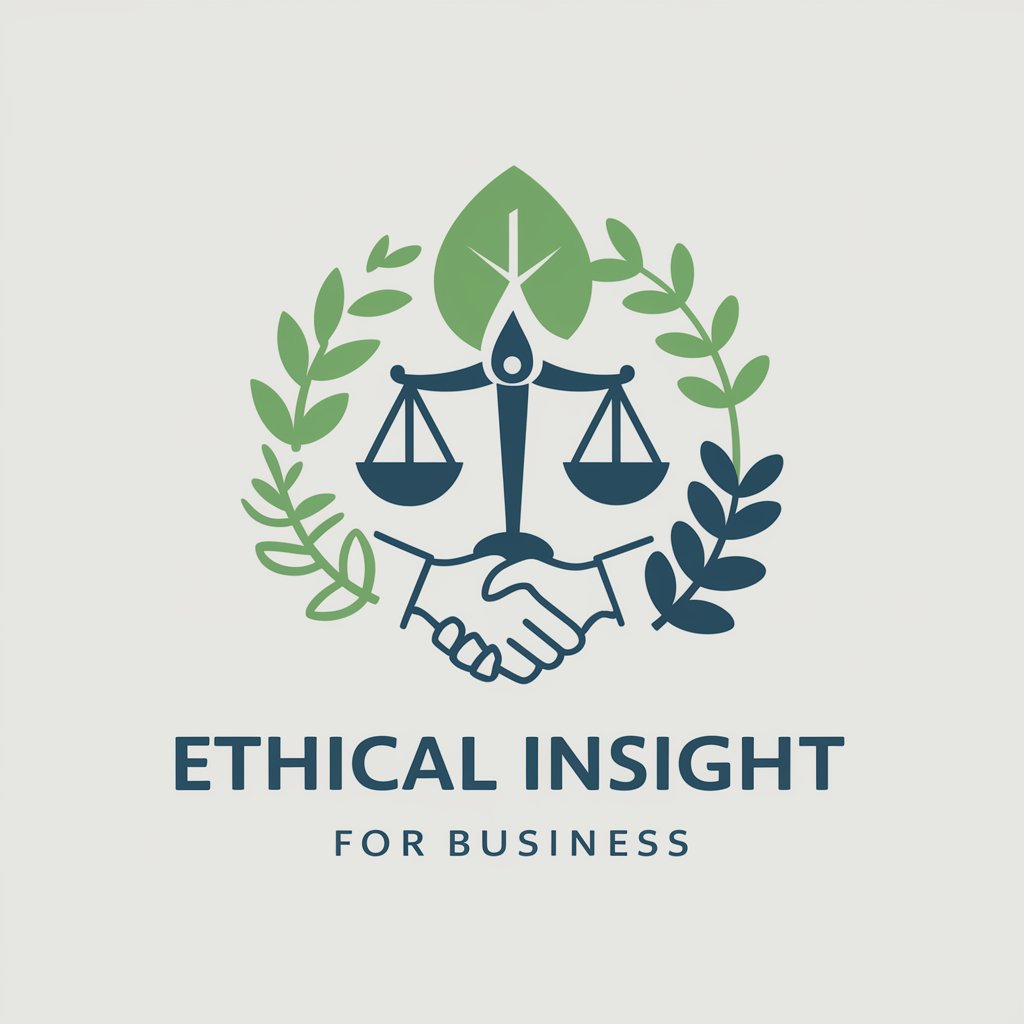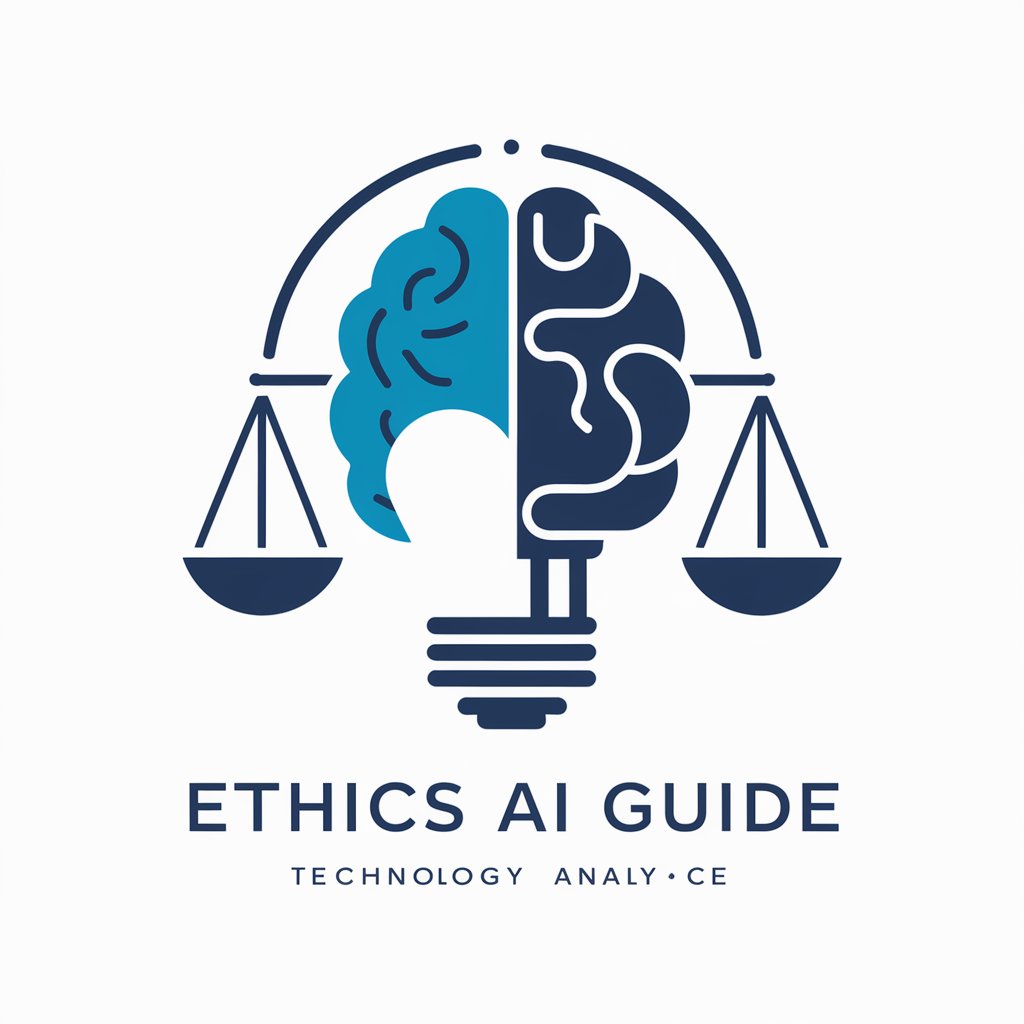
Unit 20 Business Ethics - Ethics & CSR Analysis Tool
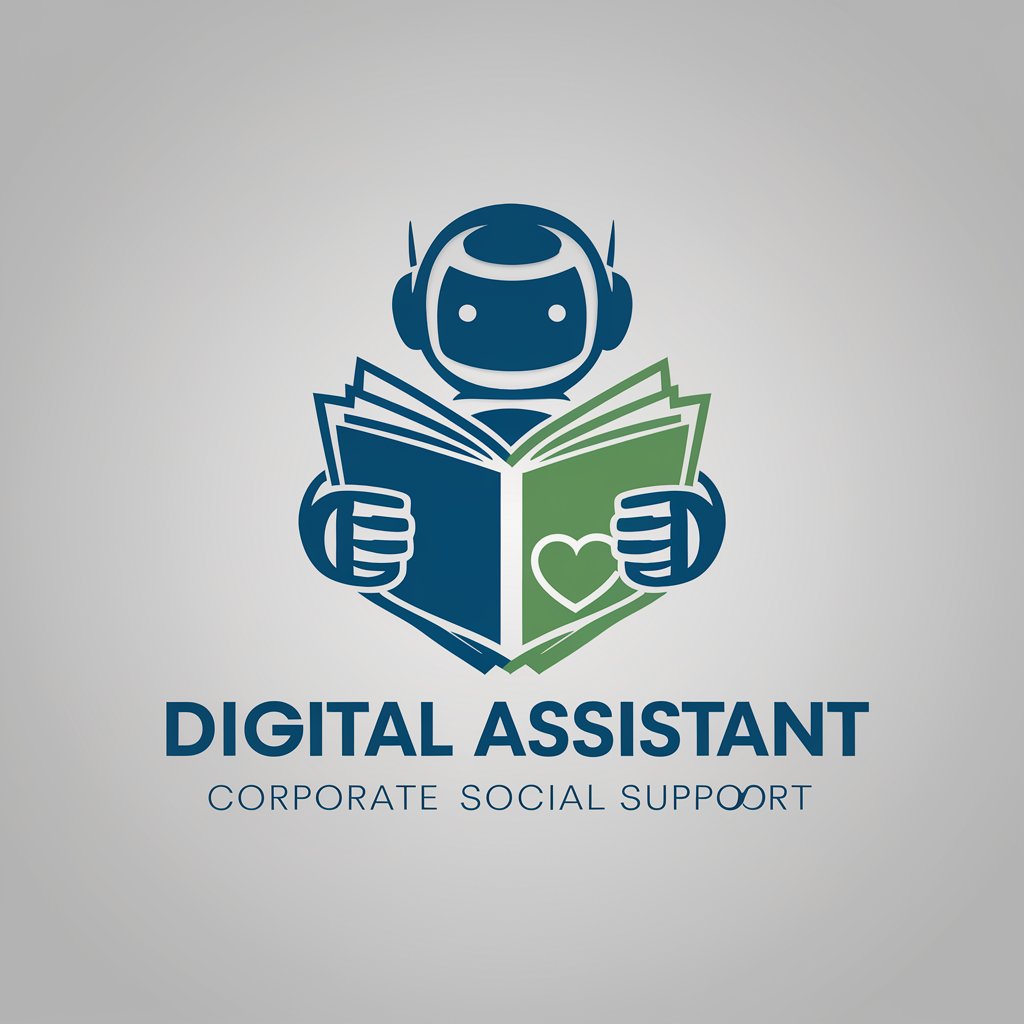
Hello! Ready to dive into business ethics today?
Empowering Ethical Decisions with AI
Explore the ethical implications of...
Analyze the corporate social responsibility strategies of...
Evaluate the impact of business ethics on...
Investigate how businesses implement ethical practices by...
Get Embed Code
Introduction to Unit 20: Business Ethics
Unit 20: Business Ethics is a crucial component of the Pearson BTEC Level 3 International Diploma in Business curriculum, designed to equip students with a comprehensive understanding of ethical principles in a business context. Its core purpose is to explore the complexities of ethical decision-making within various business environments, emphasizing the importance of ethical behavior and corporate social responsibility (CSR). By examining real-world case studies, students learn to navigate the moral dilemmas businesses face and the impact of ethical practices on stakeholders. For example, analyzing the ethical sourcing of materials in the fashion industry provides insights into how businesses can balance profitability with social and environmental responsibilities. Powered by ChatGPT-4o。

Main Functions of Unit 20: Business Ethics
Understanding Ethical Behavior in Business
Example
Exploring how companies like Lush implement ethical practices in sourcing ingredients without animal testing.
Scenario
Students might analyze Lush's commitment to ethical sourcing, evaluating the challenges and benefits of maintaining high ethical standards in supply chain management.
Analyzing Corporate Social Responsibility
Example
Investigating Tom's of Maine's CSR initiatives, such as donating 10% of profits to environmental and community causes.
Scenario
Learners could explore how Tom's of Maine's CSR efforts contribute to its brand image and customer loyalty, assessing the impact on long-term business success.
Evaluating the Effectiveness of CSR Policies
Example
Comparing the CSR approaches of multinational corporations versus small businesses.
Scenario
A project might involve comparing the CSR strategies of a global company like Apple to those of a small, local business, analyzing how scale and scope influence the implementation and effectiveness of CSR policies.
Ideal Users of Unit 20: Business Ethics Services
Business Students
Students pursuing business studies, particularly those interested in ethical decision-making, CSR, and sustainability within corporate settings. This unit provides them with the theoretical knowledge and practical skills to navigate the ethical challenges in their future careers.
Future Business Leaders
Individuals aiming to hold leadership positions in the business world will benefit from understanding the importance of ethics and CSR in building reputable, sustainable, and socially responsible businesses.
Educators and Trainers
Academic professionals and corporate trainers looking to incorporate ethical considerations and CSR practices into their curriculum or training programs, aiming to foster a culture of ethical awareness and responsibility among students and employees.

How to Use Unit 20 Business Ethics
1
Begin by visiting yeschat.ai for a complimentary trial that doesn't require a login or a ChatGPT Plus subscription.
2
Identify the specific ethical dilemmas or CSR (Corporate Social Responsibility) topics you wish to explore within the business context.
3
Utilize the provided research tools and resources to gather data and insights on your chosen companies or ethical topics.
4
Apply the insights gained to create infographics, written analyses, or other forms of documentation that illustrate your understanding of business ethics and CSR.
5
Engage with the community by sharing your findings and insights, seeking feedback, and discussing the broader implications of ethics in business.
Try other advanced and practical GPTs
Ivan the Tech
Empowering Your Tech Journey with AI

DOS Batch File Expert
Automate DOS tasks with AI-powered scripting
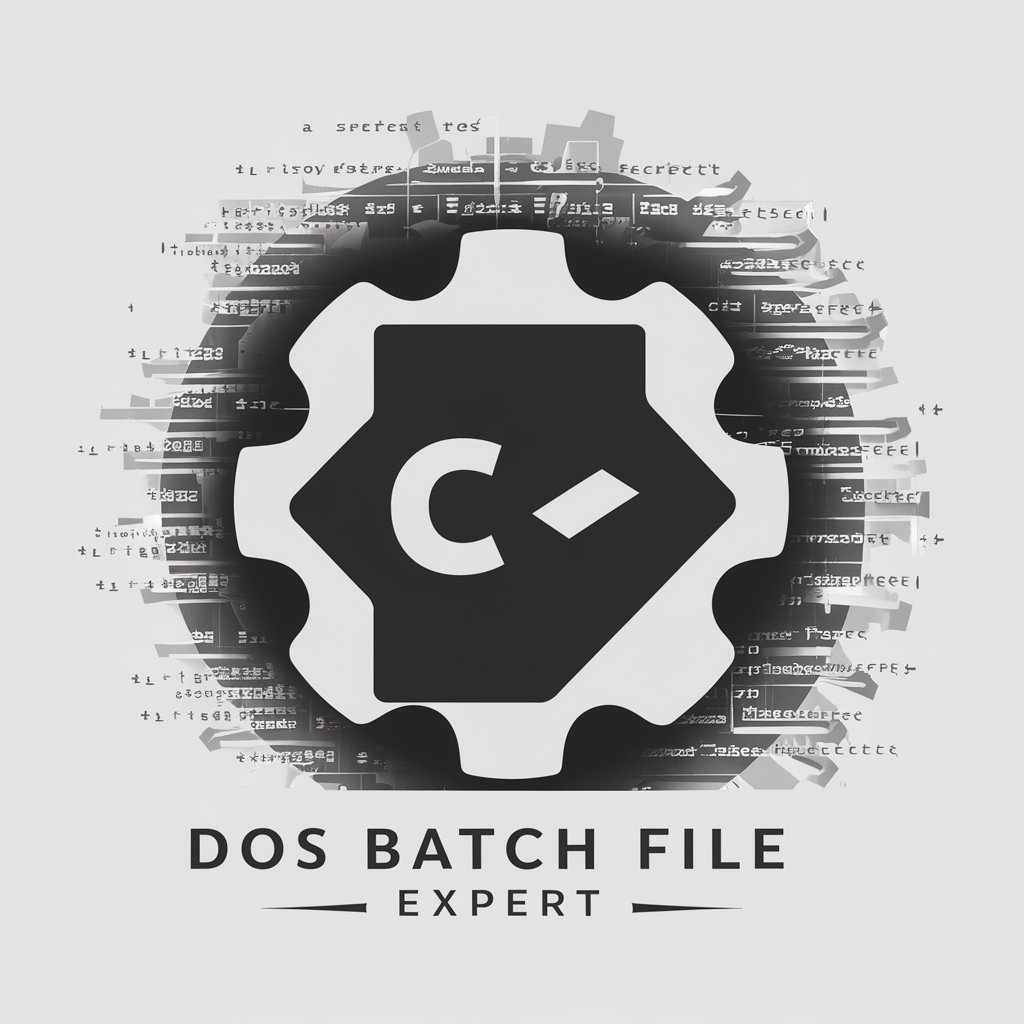
Cowboy Pressure Washing Consultant
Revolutionizing Pressure Washing with AI
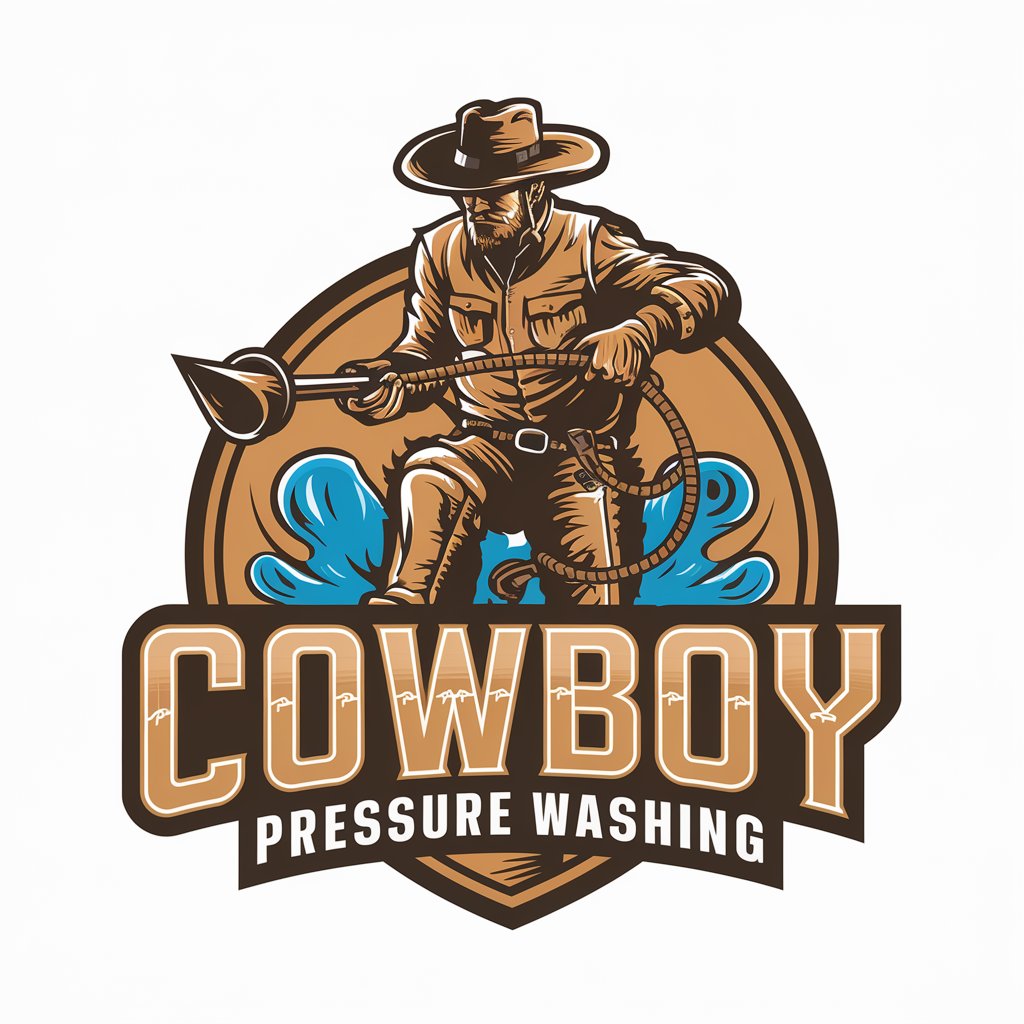
Do it now! (今でしょ)
Empower decisions, act now with AI!

Do it Yourself
Empowering your creativity with AI

To Do
Streamline your tasks with AI efficiency

Improve Content
Elevate Your Writing with AI-Powered Precision
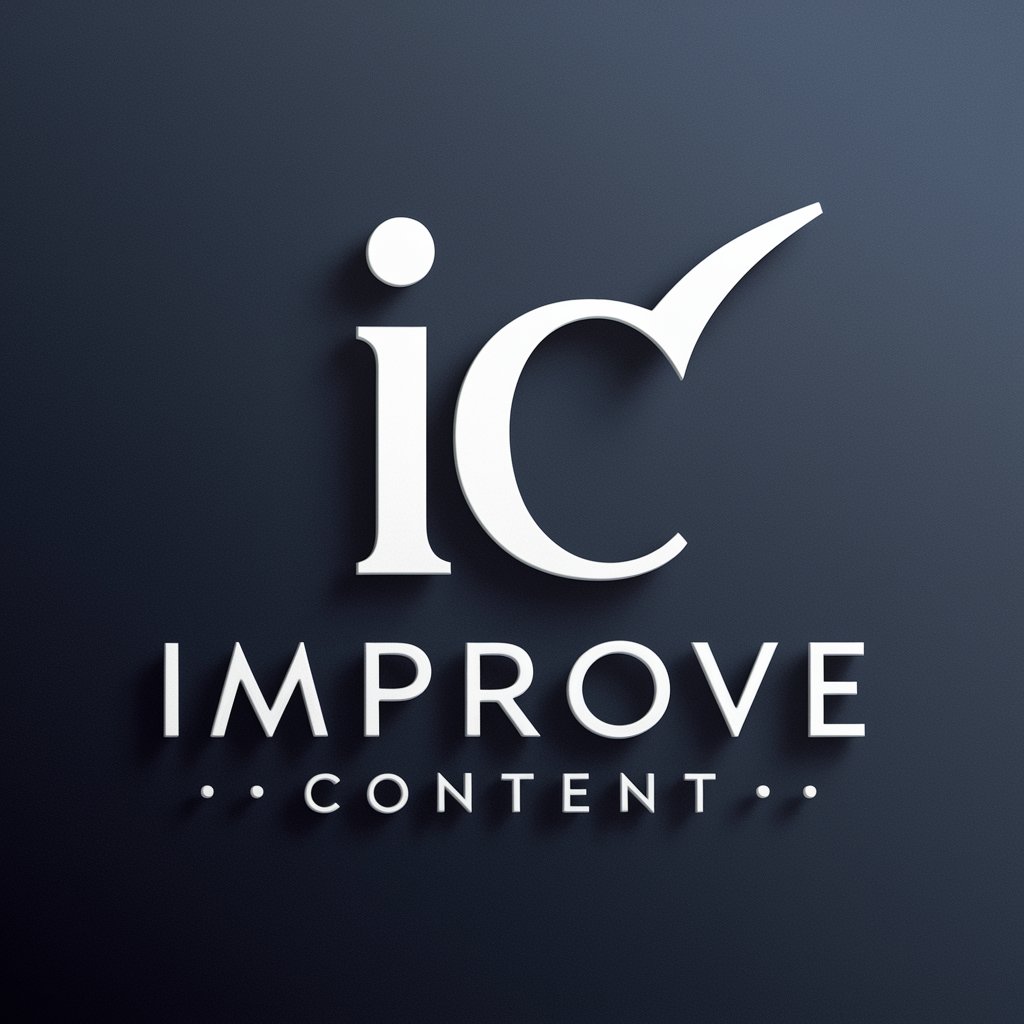
WP Code Helper
Streamlining WordPress Development with AI

DQ Business Foundation Builder
Empowering Entrepreneurs with AI
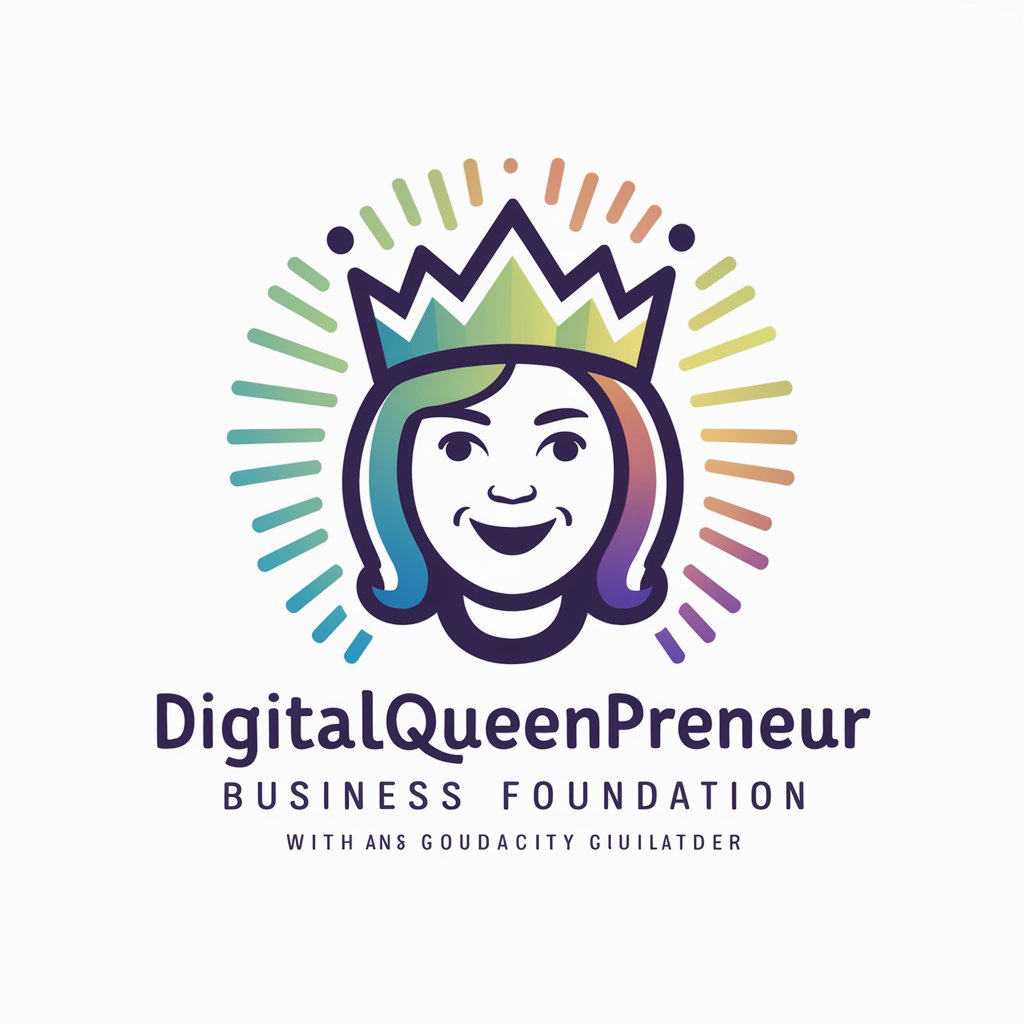
Dr Shi
Empowering healthcare and biotech with AI.

Like Dr. Seuss
Transforming Text into Seuss-Like Delight
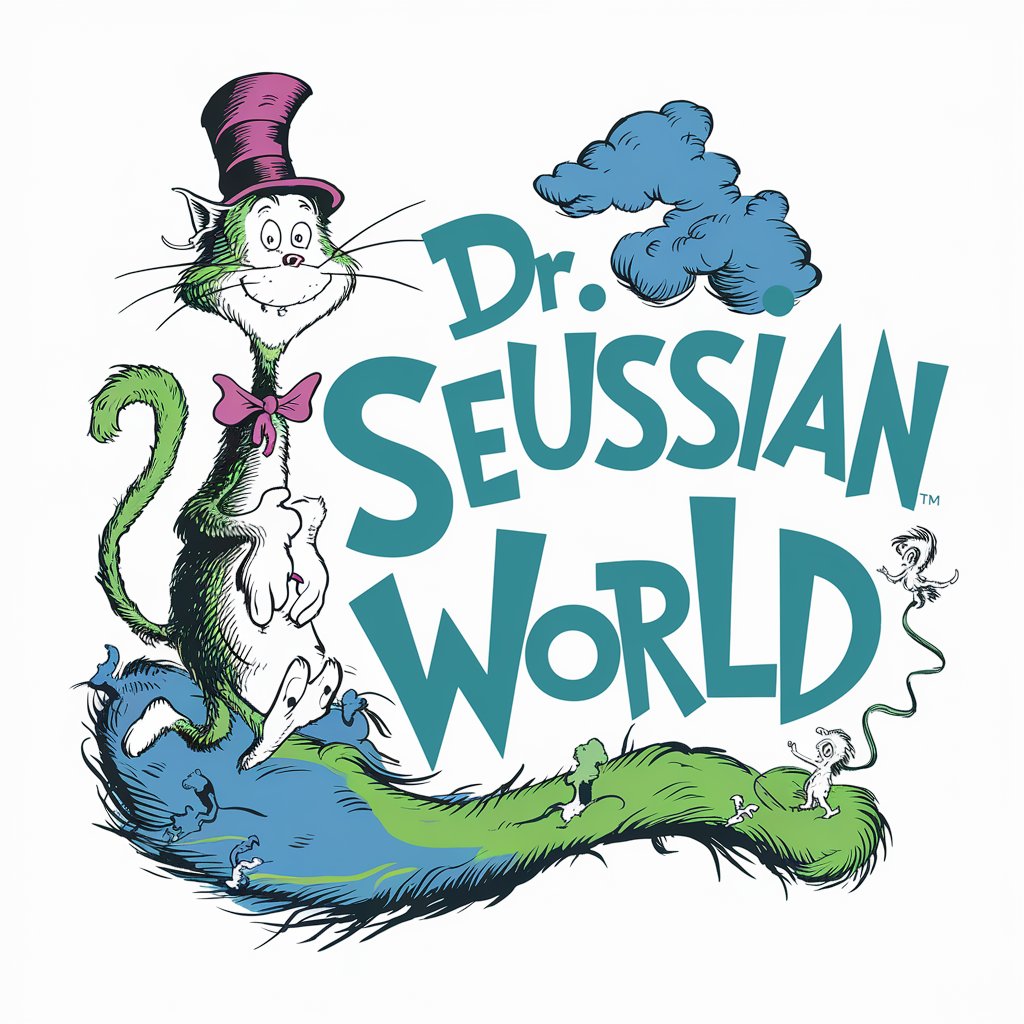
Dr. Campus
Empowering education with AI

Unit 20 Business Ethics Q&A
What is Unit 20 Business Ethics designed for?
Unit 20 Business Ethics is designed to aid users in understanding and applying ethical behavior and corporate social responsibility within a business context. It provides tools, resources, and guidance for researching, analyzing, and presenting ethical practices in contrasting businesses.
How can I find information on specific companies' ethics and CSR policies?
You can find information on companies' ethics and CSR policies by utilizing external sources such as CSR reports, news articles, press releases, and case studies, in addition to the resources provided within the Unit 20 Business Ethics framework.
What are the benefits of using Unit 20 Business Ethics?
The benefits include gaining a deeper understanding of ethical considerations in business, the ability to critically evaluate CSR policies, and developing skills in creating informative and visually engaging presentations on business ethics.
Can Unit 20 Business Ethics help me with academic projects?
Yes, it is particularly useful for academic projects that require research, analysis, and presentation of business ethics and CSR practices, providing a structured approach to exploring these areas.
How does Unit 20 Business Ethics support critical evaluation of CSR effectiveness?
It encourages the use of a wide range of external sources and critical thinking to assess the nature, implementation, and impact of CSR policies, enabling users to evaluate their effectiveness and the financial implications for businesses.

